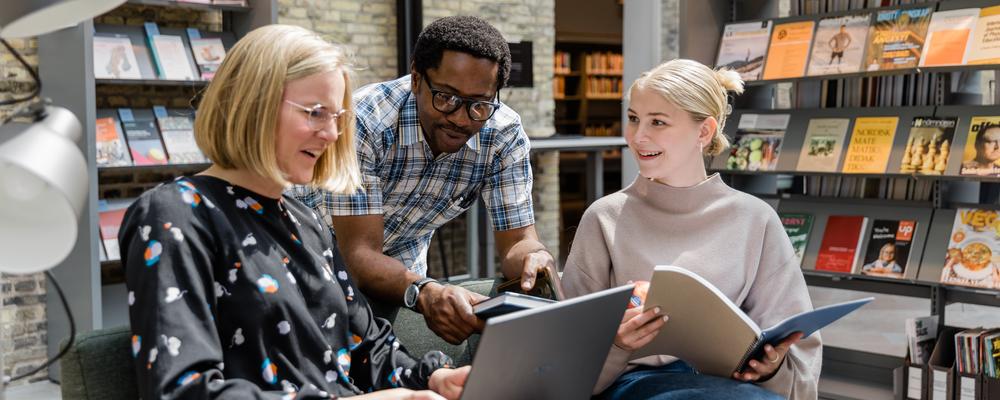Public holidays are known as "röda dagar" (red days). Although some of them are based on Christianity, in Sweden, where secularism is widespread, public holidays hold significance beyond their religious origins. Non-religious individuals often celebrate these holidays through various cultural and social activities, emphasizing community and tradition. Here is a mix of holidays and tradition celebrations in Sweden
New Year's Day (Nyårsdagen)
On New Year's Day Swedes are off to recuperate from celebrating the New Year. We celebrate the beginning of the calendar year with festive parties, fireworks displays, symbolizing hope, renewal, and new beginnings, much the same as other countries. One could say that New Year's holds the least traditions among the public holidays, one might celebrate with one group of friends one year, and the next year another.
On New Year's Eve, the Gothenburg newspaper 'GP' often hosts a grand firework display over the harbor , attracting thousands of people to the scenic lookout points in Gothenburg.
Epiphany (Trettondedag jul)
While rooted in Christianity, Epiphany is celebrated by both religious and non-religious Swedes as a time for family gatherings, finishing off all the Christmas food, marking the end of the holiday season.
Easter: Good Friday (Långfredagen), Easter Eve (Påskafton), Easter Sunday (Påskdagen), and Easter Monday (Annandag påsk)
During the Easter period, there are several days of celebration, and for many Swedes, distinguishing one day from another may not be a priority. However, there is a collective enjoyment of taking time off work to celebrate the arrival of spring. If the weather is warm,you might see some brave people having their first swim in the sea, and restaurants may open up outdoor seating areas for the sun starving Gothenburgians. For those who live in houses, it's a time to spend outdoors, cleaning up and preparing the garden for the upcoming season.
The predominant sign of Easter in Sweden is the festive tradition of decorating with freshly cut branches and organizing egg hunts for children. Throughout supermarkets and decoration stores, there's an overarching "egg theme," with various Easter decorations and products featuring eggs prominently displayed. These decorations, along with the egg hunts, contribute to the joyful and colorful atmosphere that accompanies the Easter celebrations in Sweden.
Walpurgis Night (Valborgsmässoafton)
If Easter was not hot enough, this eve really marks the arrival of spring with bonfires, singing, and festivities. On Walpurgis night people gather around bonfires, sing traditional songs, and celebrate the end of winter. It's a lively and joyful occasion where communities come together to welcome the warmer months ahead. Many cities, including Gothenburg, host public events and concerts to mark the occasion. It's a wonderful time to experience Swedish culture and embrace the spirit of springtime.
First of May (Första maj)
International Workers' Day is celebrated by labor union demonstrations, social gatherings, and rallies advocating for workers' rights, equality, and social justice.
Ascension Day (Kristi himmelsfärdsdag)
Whether attending religious services or enjoying a day off with family and friends, Swedes observe Ascension Day as a time for reflection and togetherness.
Swedish National Day (Sveriges nationaldag)
Our newest public holiday (which wasn't established a holiday until 2005) doesn't have many longstanding traditions attached to it yet. However, it's becoming customary to observe the day with flag-raising ceremonies and decorating with blue and yellow items. One emerging tradition involves welcoming new Swedish citizens by presenting them with a diploma and perhaps a small flag as a way to commemorate the significance of the day and celebrate their integration into Swedish society. Over time, as the holiday becomes more established, it's likely that new traditions and customs will continue to develop.
Midsummer's Eve (Midsommarafton) and Midsummer's Day (Midsommardagen)
With pagan origins intertwined with secular traditions, Midsummer is beloved by all Swedes. We generally leave the city to celebrate the day out in the countryside, raise and dance around a maypole, enjoy outdoor picnics, and celebrate the arrival of summer and the spirit of unity and togetherness.If you're looking to celebrate in Gothenburg, you should visit gothenburg.com's Midsummer page
A magical Eve. Traditionally, Midsummer's Eve is believed to hold enchantment, the veil between the worlds is said to be thinner on this day thus allowing fairies to bee seen dancing and magical things happening. Though fewer now roll around in dew, here are some ways to make your night magical:
- Place seven flowers under your pillow (you will dream of your future husband)
- Bathe in streams (for cleansing negative energy, but beware of the creature Näcken)
- Collect dew and use it to bake a bread (for strength and health).
- Stand alone in a crossroad (to predict your future)
All Saints' Day (Alla helgons dag)
While traditionally a religious observance, All Saints' Day is observed by all Swedes as a time for remembrance and reflection. Families visit cemeteries to honor departed loved ones, lighting candles and sharing memories, emphasizing the bonds of family and community.
In addition, a later tradition influenced by the American version of Halloween has emerged. During this time, you'll see kids and teens dressed up for trick-or-treating and pumpkins decorating the town and houses. You might be invited to a horror movie evening if you are not to afraid to join. Liseberg, the amusement park, hosts a phenomenal Halloween celebration that lasts for weeks.
Christmas Eve (Julafton), Christmas Day (Juldagen), and Boxing Day (Annandag jul)
Christmas is celebrated with joy and festivity by both religious and non-religious Swedes alike, with homes adorned with decorations, gifts exchanged, and festive meals shared, embodying the spirit of generosity, compassion, and togetherness during the holiday season.
Throughout the year, these public holidays serve as occasions for both religious and non-religious individuals to come together, celebrate shared traditions, and embrace the values of unity, inclusivity, and cultural heritage, enriching the country's vibrant tapestry of celebrations and festivities.
